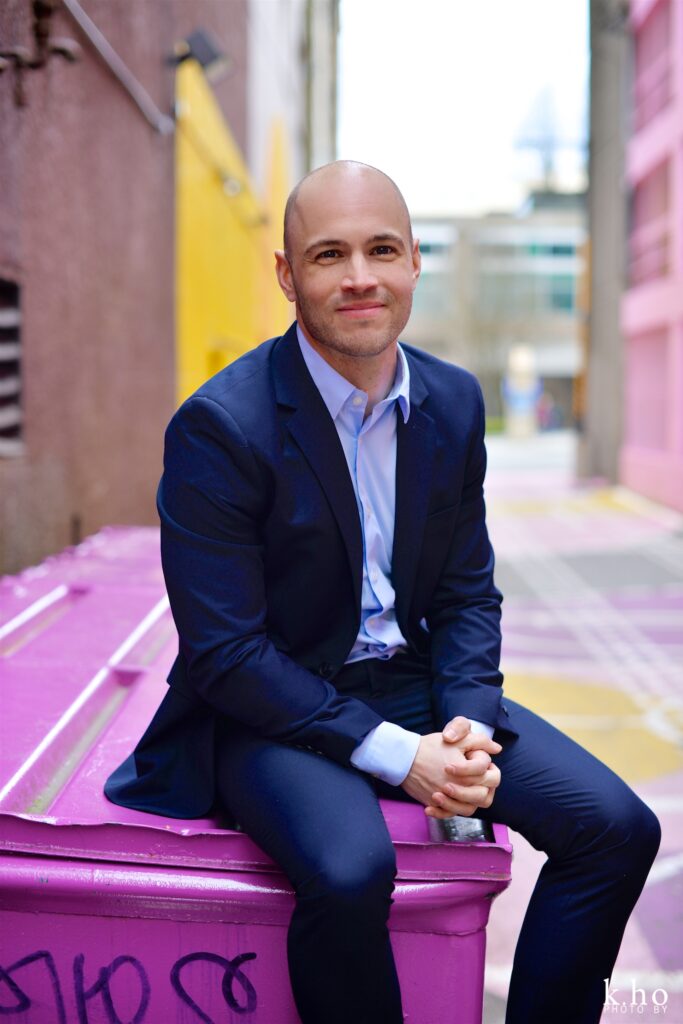Qollab is a research lab located at l’École de santé publique de l’Université de Montréal and affiliated with the Centre de recherche en santé publique (CReSP). Our goal is to work in collaboration with 2S/LGBTQIA+ communities to describe and understand health issues, with a focus on identifying the social, contextual, and structural factors underlying health problems. We are particularly interested in mental health and substance use in 2S/LGBTQIA+ communities. We generate high quality evidence to inform the development and implementation of health promotion policies and interventions.
Advance knowledge on the social, contextual, and structural risk and protective factors related to mental health and substance use among the diverse population of 2S/LGBTQIA+.
Advance understanding of the lived experience of mental health and substance use among 2S/LGBTQIA+ to identify interventions grounded in 2S/LGBTQIA+ lived experiences.

Olivier Ferlatte (he/him), Qollab Director
Olivier Ferlatte is an associate professor in the Department of Social and Preventive Medicine at l’École de Santé Publique de l’Université de Montréal and a research scientist at the Centre de Recherche en Santé Publique (CRESP). His research focuses on the relationship between stigma, substance use and mental health in 2S/LGBTQIA+ communities. He is a recognized expert on the applications of syndemics theory and intersectionality to 2S/LGBTQIA+ health, and findings drawn from his research have influenced the development of policies and programs aimed at improving the health of 2S/LGBTQIA+ people. His scientific work is based on several methodologies (qualitative, quantitative, art-based method, mixed approaches) and is motivated by a particular interest in community engagement and the participation of people affected by health inequalities as research partners. Olivier holds a Junior 2 salary award from the Fonds de recherche du Québec - Santé.
All rights reserved © 2025 Qollab | Politique de confidentialité | site web réalisé par samuelalexis.com